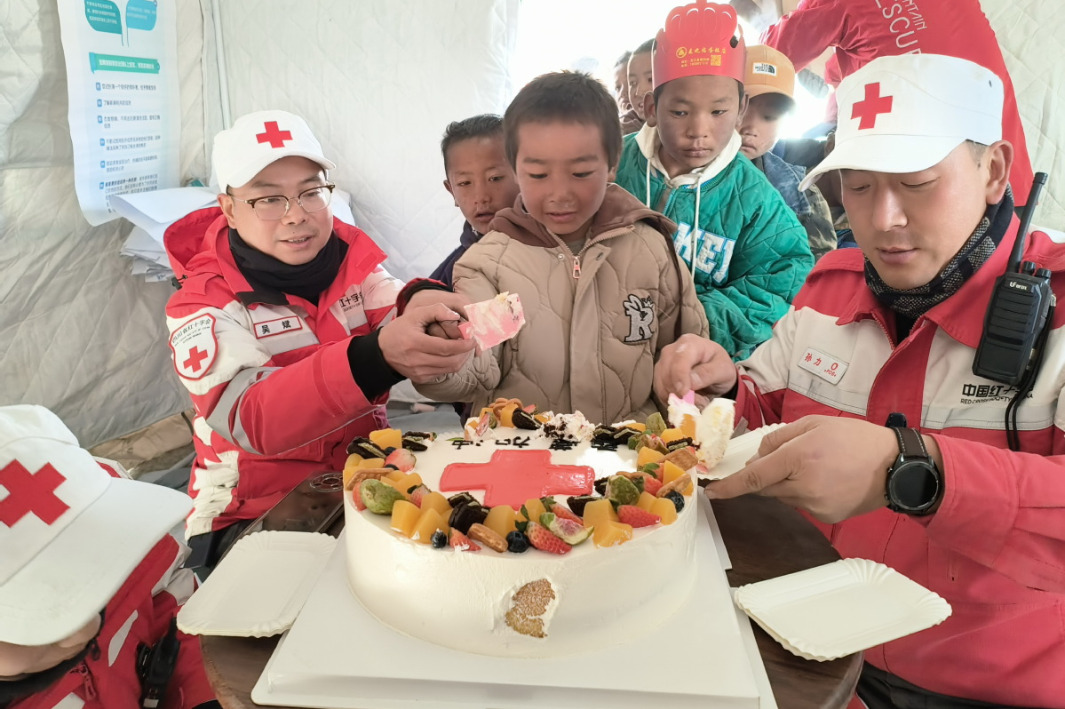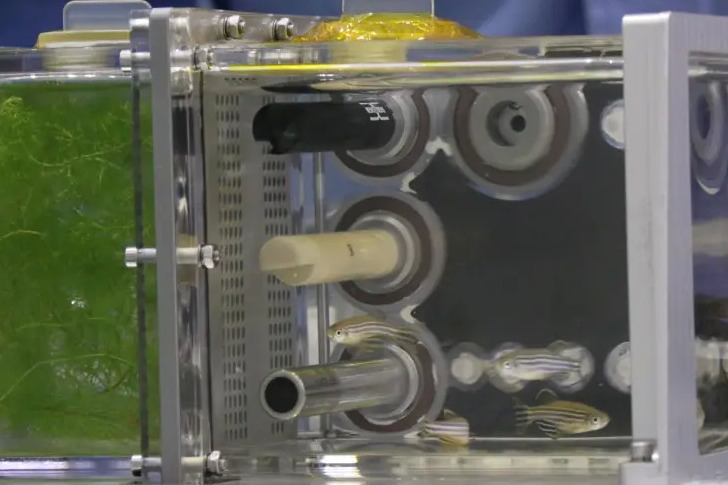15-year-olds on mainland top global academic test

Students from the Chinese mainland outperformed their counterparts in some of the most developed countries and regions in reading, science and mathematics, according to new test results released on Tuesday from a global education study.
The latest 2018 Program International Student Assessment, hosted every three years by the Organization for Economic Cooperation and Development, found that 15-year-olds in Beijing, Shanghai and the provinces of Jiangsu and Zhejiang ranked No 1 in all three core subjects and achieved the highest Level 4 rating.
They were followed by students from Singapore, Macao and Hong Kong. The OECD's PISA 2018 tested around 600,000 15-year-old students in 79 countries and regions.
Students from the United States ranked Level 3 for reading and science and Level 2 for math, while their counterparts in the United Kingdom ranked Level 3 in all three subjects.
Mainland students first took part in the test in 2009, when students from Shanghai achieved the top spot.
The city also took the top spot in the 2012 PISA test. But in 2015, the rankings for mainland students fell to 10th place when the tests were taken by students from Beijing, Shanghai, as well as Jiangsu and Guangdong provinces.
Angel Gurria, secretary-general of the OECD, said in the preface of the latest report that the performance of the four mainland regions was impressive as their income levels were below the OECD average.
Fifteen-year-old students in four mainland regions outperformed their peers in all of the other 78 participating education systems in mathematics and science by a wide margin.
In reading, only Singapore came close, he said. In fact, 10 percent of the most disadvantaged students in these four regions showed better reading skills than the average student in OECD countries, he said.
These four provinces and municipalities are far from representing China as a whole, but the size of each compares to that of a typical OECD country, and their combined population amounts to over 180 million, he said.
However, the report also showed there is still a long way to go to improve in other areas.
Mainland students spent 31.8 hours in the classroom on average, ranking fourth among all 79 countries and regions. The learning efficiency of mainland students ranked 44th, 46th and 54th for reading, math and science, respectively, and the students' satisfaction about learning only ranked 61st.
Further, Xin Tao, professor at Beijing Normal University, said although China has achieved good results in the latest PISA, the four mainland regions do not reflect the overall education level of the mainland as there is still an imbalance of education levels between rural and urban areas.
"The country should continue to increase its investment in improving facilities at rural schools and encourage more graduates of normal universities to teach in rural areas," he said.
Zhang Zhiyong, another professor at Beijing Normal University, said the PISA results show that one of the top priorities of the country's education reform is to cut students' excessive workload. Education authorities should continue to cut school time and homework, and pay more attention to physical, moral and art education, he said.
Today's Top News
- Xi extends congratulations to Lebanon's new president
- New US president ought to reset ties
- Focus shifts to easing trauma
- Nation's foreign trade hits new high
- New professions redefining young people's work, life, play
- Xi calls for advancing ties with Grenada






























